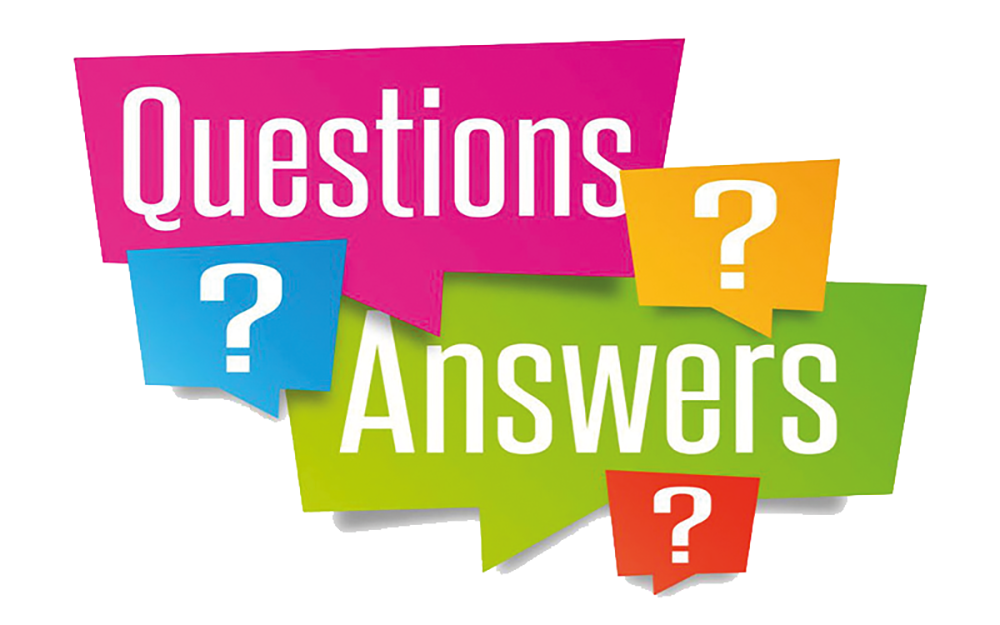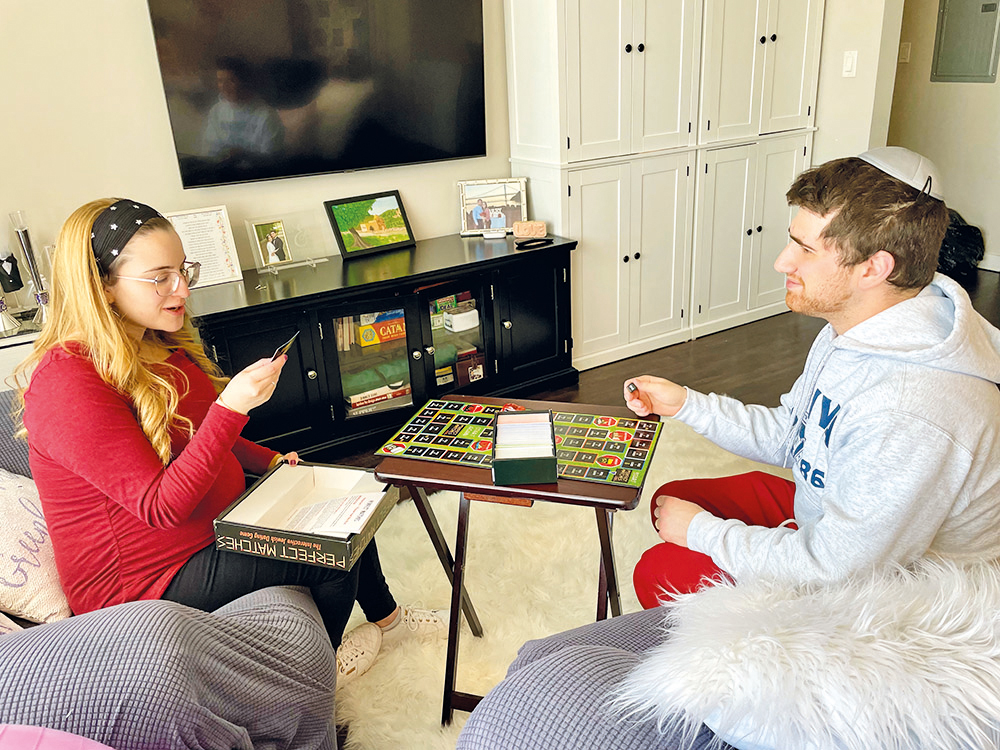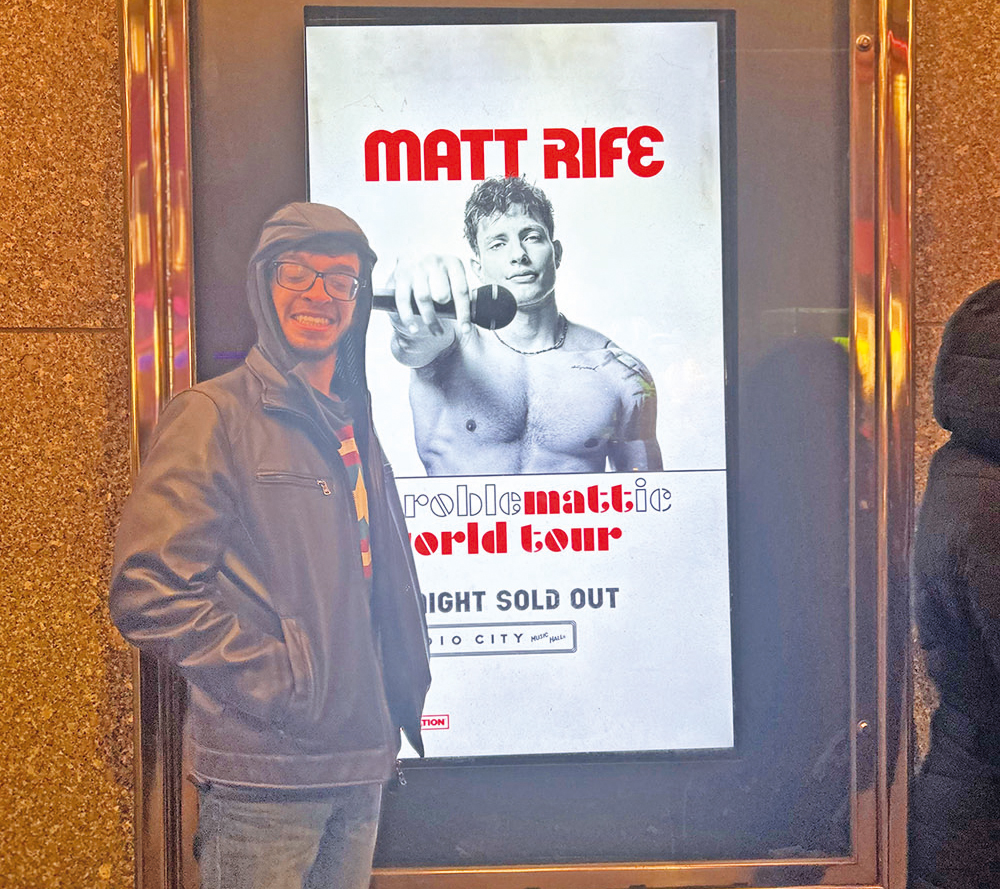Roni had an important meeting to attend at 9:00 in the morning in Manhattan. He lived about an hour away so he made sure to pray that morning in the earliest minyan in his shul, which began at 6:15 a.m. He quickly had breakfast and attended a class afterward and was ready to leave at 7:30 a.m. But just as he was about to leave, an older man in the shul who was a Holocaust survivor came over to talk to him. Everyone knew this man had lost his wife and three children. And although he did remarry and had more children, he never healed. He did not have such a close relationship with Roni, and usually they just said “hello” and “goodbye” and “Shabbat shalom.” However, this day was a bit different. Today, the elderly man sat down next to Roni before Roni had a chance to leave. The man remarked, “Today is the anniversary of when I went to the ghetto.” Roni knew he had a meeting coming up pretty soon, but also realized this man needed someone to talk to. Roni thought, “I’ll just stay for a few minutes, and I can still make it to the meeting.” A few minutes went by, but the older man kept talking. He was going on and on about his excruciating experiences, and about his children and the horrors they experienced. Roni was attentive, but sneaked a glance at his watch. “Should I interrupt him politely and excuse myself? How could I, though? I am doing such a kindness for this man, who clearly needs me very much right now.” The man finally finished, and it was already a few minutes after 8:00. Roni quickly went in his car and took off. He was late, already a few minutes after 9:00. As he was approaching the building he needed to be at, he suddenly saw a panic stricken scene, chaos—people screaming and running. He quickly turned his car around and sped the other way. That day was September 11, 2001, and his meeting was in the World Trade Center. (heard from R’ David Ashear).
The pasuk says, “If there will be a needy person…don’t harden your heart, and don’t close your hand…” (Devarim 15:7). The pasuk indicates that there are two separate ideas here: 1) not to harden your heart; 2) Not to close your hand. Not closing your hand seems obvious: help him financially. But what does “don’t harden your heart” mean? Ibn Ezra explains that this means one shouldn’t refrain from “speaking to his heart good words.”
If we could put it in other terms, the Ibn Ezra is highlighting the importance of not just giving your money, but also giving your time, your encouragement, your empathy. Sometimes it’s by you talking to others—as Ibn Ezra points out, while at other times it’s by letting others talk to you—as Roni demonstrated. Either way, the central idea that I believe Ibn Ezra is pointing out is the idea of giving to others emotionally. Hardening of heart means turning off our natural sensitivity. But when we let ourselves be, when we let our natural mercy thrive, it can be a tremendous source of kindness and emotional support for others.
The Ohr Hachaim in this week’s parsha says a theological yet extremely practical secret for success in life: The way you are is the way Hashem treats you. If one’s middot are cruel, Hashem acts with him in the same way. If one is compassionate, Hashem acts with him the same way and is compassionate with Him. In short, R’ Reisman summed up this Ohr Hachaim nicely: A person can create his or her own reality.
Hence, if we help others emotionally, Hashem can help us emotionally. If we let our compassion thrive, Hashem will let His compassion thrive upon us. It’s mercy for mercy. Being emotionally supportive not only helps other people, it helps us. Indeed, for Roni, it was a lifesaver.
Binyamin Benji is a graduate of Yeshivat Rabbeinu Yitzchak Elchanan and Wurzweiler School of Social Work. He can be reached at [email protected].













